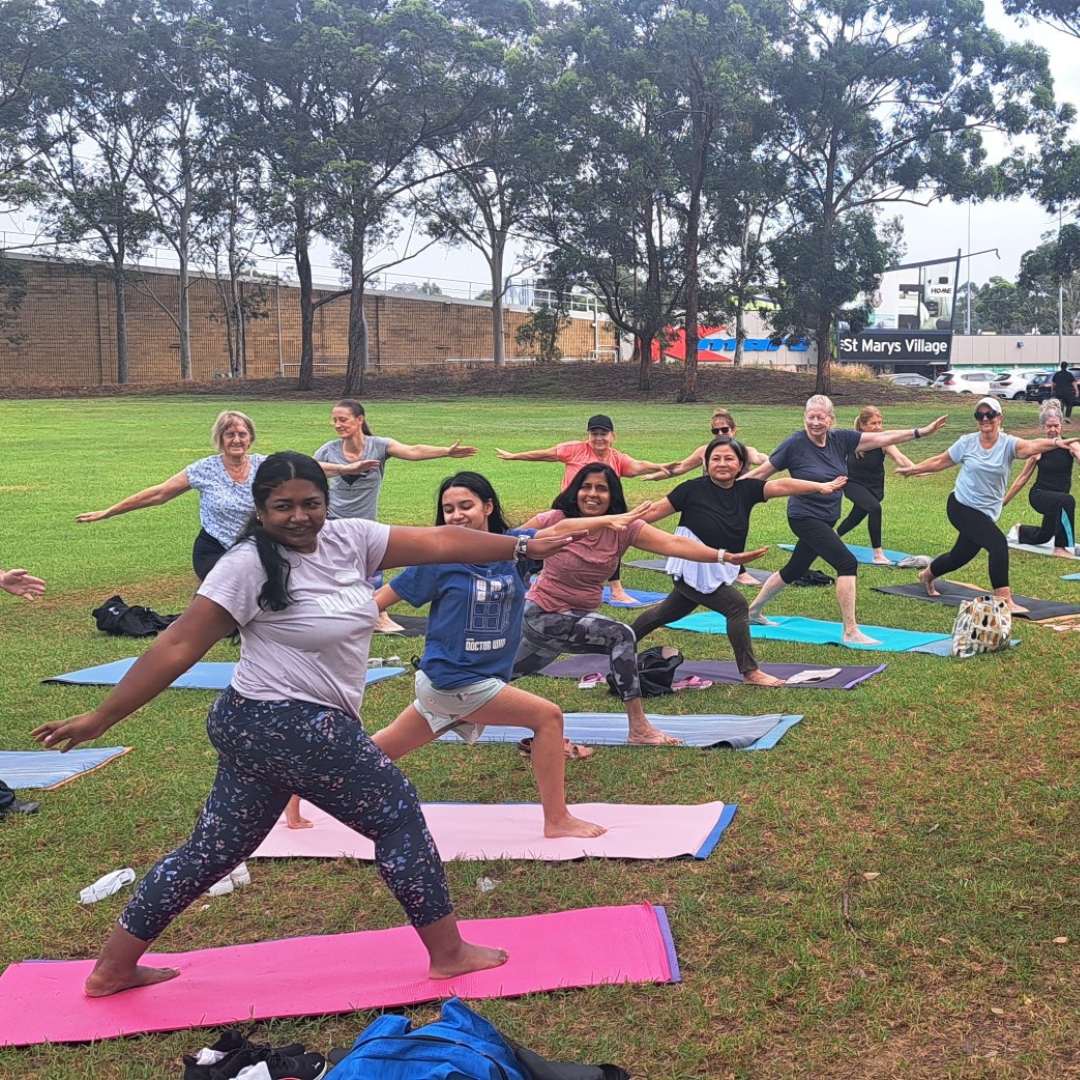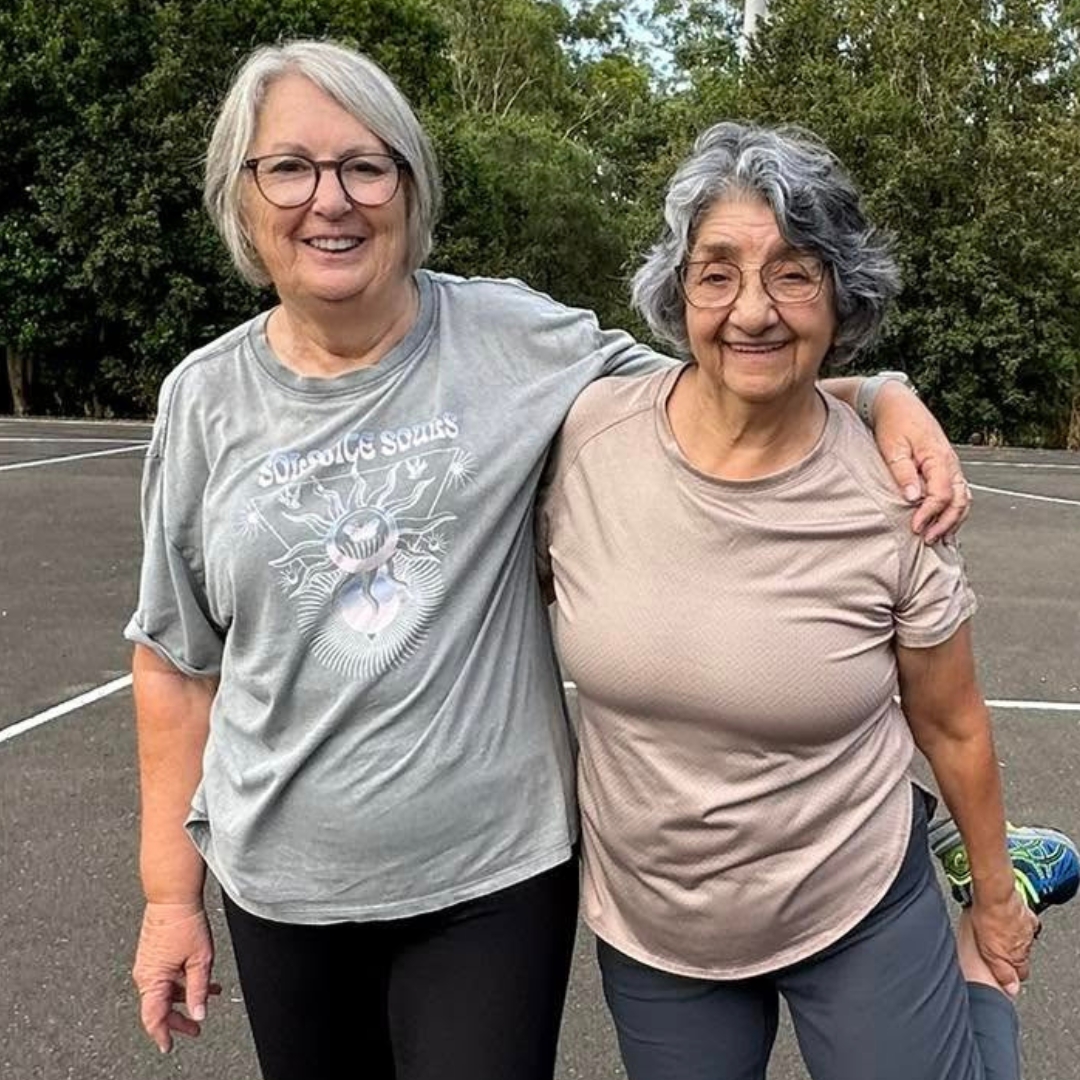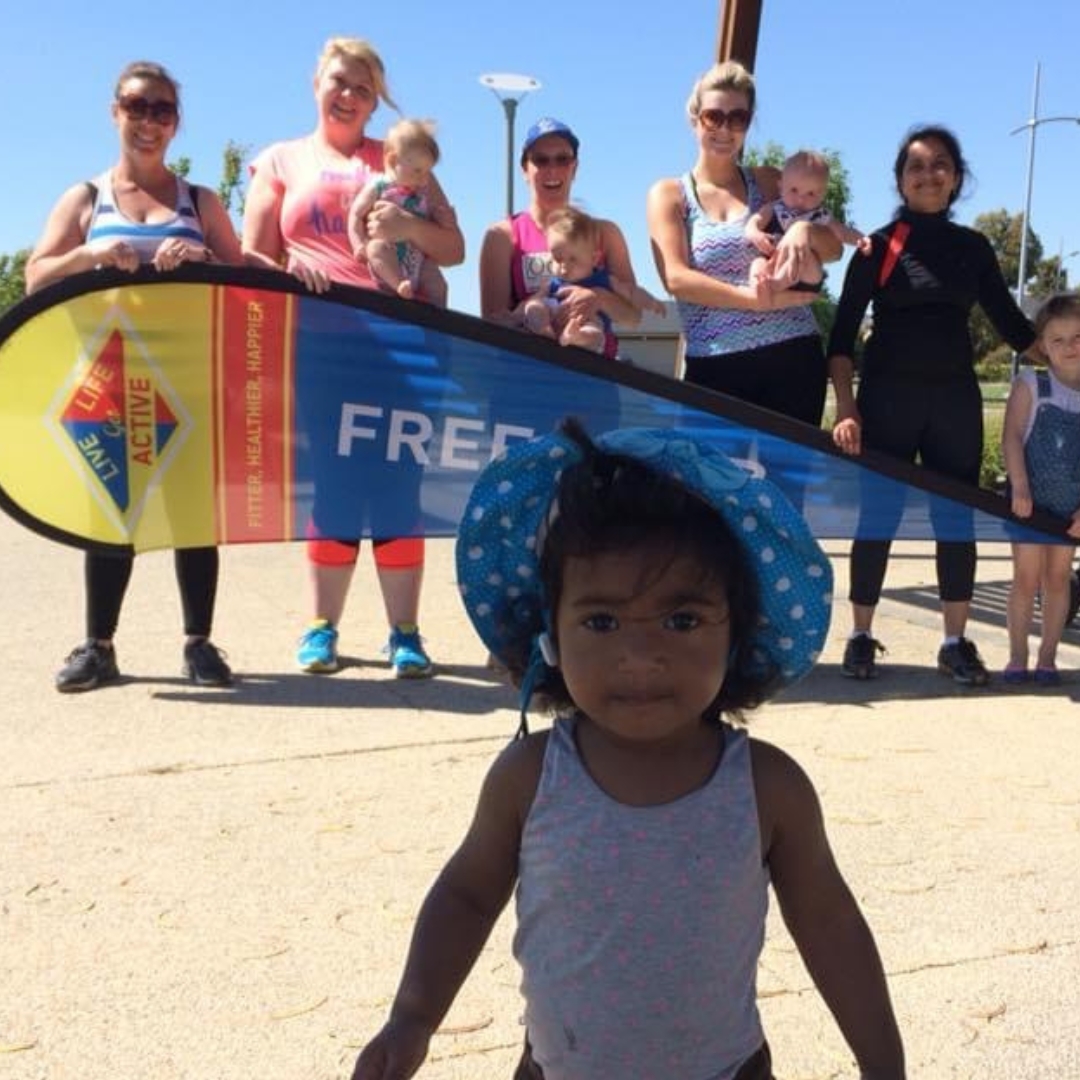1. Purpose
This protocol outlines the principles, structures and processes by we which we operate in pursuit of our mission to identify and prevent chronic disease and health issues in all communities in need. It ensures, as a charity, we operate ethically, transparently, and effectively, with a strong commitment to social impact, regulatory compliance, and continuous improvement in service delivery and health outcomes.
2. Scope
This protocol applies to all levels of the organization, including:
– Executive and Board Governance
– Program Management
– Technical and Operational Support
– Customer Service
– Clinical Team: Clinical Psychologists, Exercise Physiologists, Clinical Dietitians, Nutritionists
– Allied Support Personnel: Certificate IV Personal Trainers, Yoga Instructors (under supervision)
– Research and Analytics
3. Governance Principles
The charity is governed by the following core principles:
– Accountability: Clear responsibility at all levels of the organization
– Transparency: Open communication and accessible information
– Integrity: Ethical leadership and decision-making
– Inclusiveness: Equitable service delivery for multicultural populations
– Sustainability: Responsible stewardship of financial and organizational resources
4. Board of Directors
The Directors hold ultimate responsibility for governance and oversight. Their duties include:
– Strategic planning and mission alignment
– Approval of annual budgets and financial statements
– Risk management oversight
– Ensuring compliance with all legal, ethical, and regulatory requirements
– Appointment and performance review of the CEO/Executive Director
– Upholding the values of diversity and community representation
The board takes advice and guidance from the specialist and clinical advisory team who reflect a mix of professional skills (e.g., healthcare, legal, finance, community leadership) and cultural backgrounds that align with the populations served.
5. Executive and Operational Management
The Executive Leadership Team, under the CEO, is responsible for operationalizing the strategy approved by the Board. This includes:
– Program development and implementation
– Human resources and workforce planning
– Financial control and reporting
– Stakeholder and community engagement
– Monitoring and evaluation of outcomes and impact
6. Clinical Oversight
A Clinical Governance Committee, reporting to the Executive Team, ensures that all clinical services are:
– Safe, effective, and culturally competent
– Delivered within the scope of professional practice
– Subject to ongoing review, audit, and professional development
This includes oversight of the work of:
– Clinical Psychologists
– Exercise Physiologists
– Clinical Dietitians and Nutritionists
– Delegated personnel (e.g., Cert IV Personal Trainers and Yoga Instructors)
Support personnel work under the direction of accredited Exercise Physiologists, and their activities must comply with risk, privacy, and safety protocols.
7. Risk Management and Compliance
The organization maintains a comprehensive risk management framework, including:
– Clinical risk, data security, WHS, and reputational risk assessments
– Regular review and update of compliance policies
– Incident and complaint reporting systems
– Legal compliance with:
– Australian Charities and Not-for-profits Commission (ACNC) regulations
– Health Records and Privacy legislation
– Anti-discrimination and Equal Opportunity laws
– Professional registration boards (e.g., AHPRA, ESSA, DAA)
8. Research Governance
This details the policies, processes, and responsibilities that ensure research undertaken by Live Life Get Active and Active Insights is:
– Ethical
– Scientifically robust
– Legally compliant
– Conducted under principles of integrity, safety, and transparency
– Consistent with Australian codes and regulatory requirements
Scope includes:
– Clinical and non-clinical health interventions
– Digital health platforms
– Data collection, analytics, and evaluation
– Population health trials and service-based research
– Collaborations with authorities, service providers, community groups, and academic partners
9. Financial Governance
The charity practices sound financial management with:
– Transparent budgeting and reporting
– Independent audits
– Ethical fundraising and donor accountability
– Use of funds strictly in alignment with charitable objectives
Financial decisions must avoid any conflict of interest and prioritize long-term impact over short-term gains.
10. Stakeholder and Community Engagement
The organization is committed to:
– Involving community voices in planning and feedback
– Employing culturally diverse staff and interpreters where needed
– Developing health programs that are accessible, inclusive, and culturally safe
– Communicating with clarity, humility, and respect for varied worldviews and health beliefs
11. Social and Environmental Responsibility
As part of its broader social responsibility, the organization:
– Champions health equity and social justice
– Reduces its environmental footprint through sustainable operations
– Partners with grassroots and community-based organizations to increase reach and trust
12. Monitoring and Review
This Corporate Governance Protocol will be reviewed annually by the Board and Executive Team to ensure continued relevance, compliance, and effectiveness. Amendments will reflect feedback, sector developments, and regulatory changes.
13. Related Governance Documents
– Clinical Governance Protocol
– Code of Ethics and Conduct
– Risk Management Framework
– Financial Management Policy
– Diversity, Equity & Inclusion Policy
– Data Security and Privacy Policy
– Delegation and Supervision Guidelines
14. Executive and Operational Team
Amanda King – CEO
Trent Martin – CFO
Lucy Billington – Program Development, Delivery and Governance
Vicky Radcliffe – Analytics, Logic, Insight and Data Management/Protocols
Annie Lee – National Operations
Mark Cracknell – Technical Strategy and Development
Krystal Haddad – Marketing Communications
Emma Smith – Trainer Relationships
Angel Jemmett – Marketing and Content Development
15. Specialist and Clinical Advisory Team
Professor Glen Maberly – Program Lead, Western Sydney Diabetes. Staff Specialist Endocrinologist Blacktown Hospital
Dr Virginia Solomon – General Practitioner
Natalie Muldoon – Clinical Psychologist
Matthew Brown – Exercise Physiologist
Dannielle Hibbard – Clinical Dietician
Jazmyn McKinnie – Nutritionist
Marea Howe – Legal Council
16. Board
Amanda King – Executive Director, CEO and Managing Director
Trent Martin – Executive Director and CFO
17. Legal and Auditory
Marea Howe – Corporate Network Legal
Rolfe Garda – Registered Company Auditor 4414




